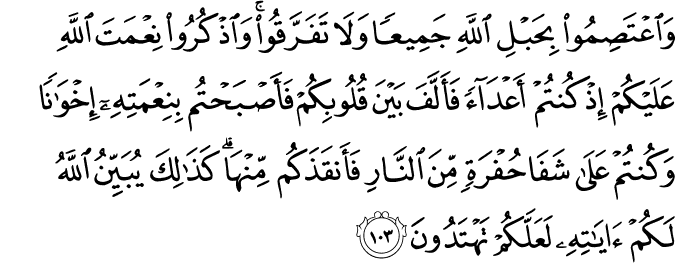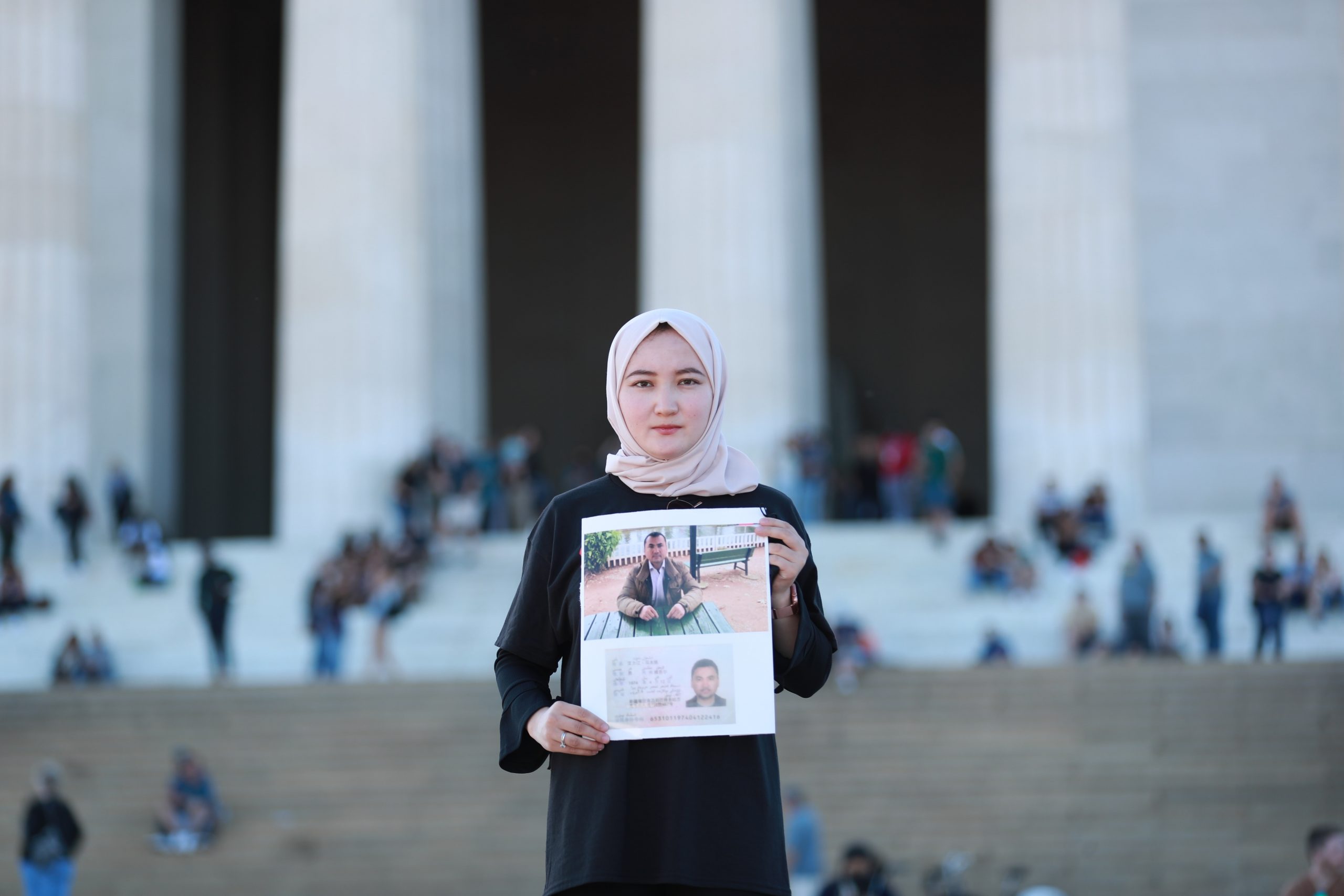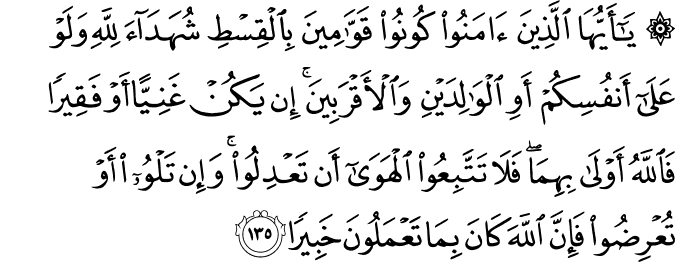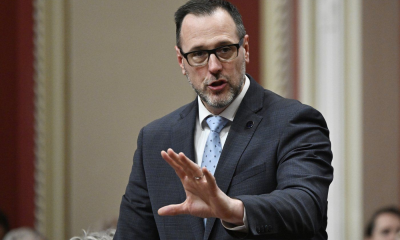#Current Affairs
Why Uyghurs Cannot Unconditionally Support Palestinians
Published
By
Guests
By Uyghur Whistleblower
The Muslim Ummah may wonder about the support of certain Uyghur organizations for the Israeli government because they see a contradiction between the shared suffering of the Uyghur community under Chinese occupation and the Palestinian cause. The Ummah may question why Uyghur organizations align themselves with a government that is criticized for its treatment of Palestinians, which has now amounted to genocide, especially since their struggles for independence and self-determination correlate. This divergence of perspectives can lead to uncertainty and curiosity among the Muslim Ummah, seeking to understand the diverse motivations behind such support.
The occupation of Palestine is a deeply rooted and complex issue with far-reaching implications. As global solidarity movements emerge to address the plight of oppressed communities, it is important to acknowledge that not all communities find themselves in a position to support or align themselves with each and every cause. I hope to shed light on one particular perspective by addressing why the Uyghur community, facing its own existential struggle in East Turkistan, might face challenges in unconditionally supporting the Palestinian cause. While recognizing that this perspective does not apply universally to all individuals or groups, I also aim to shed light on the influence of funding sources, power dynamics, and geopolitical considerations that impact their stance. Finally, I delve into the reasons why Muslim-majority states, especially in the Gulf region and North Africa may be reluctant to provide financial support to the Uyghur community.
Hold tight to the rope of Allah 
Keep supporting MuslimMatters for the sake of Allah
Alhamdulillah, we're at over 850 supporters. Help us get to 900 supporters this month. All it takes is a small gift from a reader like you to keep us going, for just $2 / month.
The Prophet (SAW) has taught us the best of deeds are those that done consistently, even if they are small. Click here to support MuslimMatters with a monthly donation of $2 per month. Set it and collect blessings from Allah (swt) for the khayr you're supporting without thinking about it.
In a world fraught with oppression, as Muslims, we have to firmly grasp onto the rope of Allah 
The Quran serves as our guiding light, reinforcing the unity and brotherhood within the global Muslim community. Allah 

“And hold firmly to the rope of Allah all together and do not become divided. And remember the favor of Allah upon you – when you were enemies and He brought your hearts together and you became, by His favor, brothers. And you were on the edge of a pit of the Fire, and He saved you from it. Thus does Allah make clear to you His verses that you may be guided.” [Surah ‘Ali Imran: 3;103]
This powerful directive emphasizes the importance of collective strength, calling upon Muslims to unite and support one another, regardless of the external forces and challenges we may face.
Understanding the historical and geopolitical dynamics surrounding both the Uyghurs and Palestinians is crucial. Both struggles stem from the systematic persecution they face at the hands of their oppressors, which undermines their cultural, religious, demographic identity, and right to independence and self-determination. Palestinians, on the other hand, have historically been involved in an ongoing conflict with Israel, relating to territories, sovereignty, and religious rights. While both communities face significant challenges, the contexts differ, and this distinction impacts the ability of Uyghurs to fully support Palestinians.
Throughout Islamic history, exemplary individuals, guided by Allah 

“The believers in their mutual kindness, compassion, and sympathy, are like one body; when any part of it suffers, the whole body responds to it with wakefulness and fever.” [Al Bukhari & Muslim]
Not a justification, but engaging in international politics often requires making pragmatic decisions in order to effectively advocate for one’s own cause. For the Uyghurs, maintaining diplomatic relations with countries and organizations, including Israel, provides a platform to raise awareness about their plight and gain support. This sometimes puts Uyghurs in a delicate position balancing political sensitivities, which can limit their ability to openly align with the Palestinian cause.
Historically Uyghurs have not been supported by the West

PC: Kuzzat Altay (unsplash)
In the past few years, the Uyghur issue has received international attention and support from a diverse range of actors, including states, international organizations, and civil society groups. However, historically this has not been the case. It is undeniable that the West, particularly the U.S., has played a significant role in China’s economic growth and transformation into a global powerhouse. The accessibility of China’s vast market, combined with its low-cost labor, attracted Western businesses and led to the transfer of manufacturing, technology, and investment to Chinese companies. This collaboration between the West and China fostered rapid economic development.
However, the issue of Uyghur oppression by the Chinese Communist Party is a grave violation of human rights that has received limited attention from the West for many years. It is only in recent times that the Uyghur cause has garnered support and condemnation from Western nations, highlighting the severity and urgency of the situation. For the first time in history, the agendas of the U.S. government and Uyghurs have aligned, but for how long? That is yet to be determined.
The role of funding
In challenging times, the fear of losing support from powerful governments can hinder our conviction to speak out against injustices. However, the Prophet Muhammad 
“Whoever among you sees an evil, let him change it with his hand; if he cannot, then with his tongue; and if he cannot, then with his heart.” [Muslim]
This hadith highlights that even if we can’t directly change a situation, we must not abandon our responsibility to at least voice our concern and disapproval.
Remaining silent out of fear of losing support or facing consequences from oppressive governments goes against our values as Muslims. Allah 

“O you who have believed, be persistently standing firm in justice, witnesses for Allah, even if it be against yourselves or parents and relatives. Whether one is rich or poor, Allah is more worthy of both. So follow not [personal] inclination, lest you not be just. And if you distort [your testimony] or refuse [to give it], then indeed Allah is ever, with what you do, Acquainted.” [Surah An-Nisa: 4;135]
This verse implores us to prioritize justice, even if it means swimming against the tide and challenging authority figures, reminding us that Allah’s 
The funding received by Uyghur advocacy groups plays an undeniable role in shaping their positions and focus. Some Uyghur organizations receive financial support from governments like the United States, as well as pro-Israeli organizations. These financial ties create an inherent conflict, as they create pressure to align with the interests and narratives of those funders, potentially compromising the groups’ ability to fully support the Palestinian cause.
Uyghur advocacy groups navigate a complex international political landscape while seeking support for their own plight. This reality places them in a precarious position, often relying on broader alliances and partnerships to achieve their objectives. Some Uyghur organizations maintain diplomatic ties or receive support from countries and organizations that also maintain close relations with Israel. This creates a challenge in openly supporting Palestinians, as it may disrupt these diplomatic relationships, collaborations, and potential aid.
Uyghurs are predominantly Muslims, and if Uyghur advocacy groups had stronger connections and funding from Muslim-linked organizations or Muslim-majority states, their approach to Palestinian issues might indeed be different. Such support could foster deeper bonds of common struggle and shared values, resulting in stronger solidarity and advocacy for Palestinians. However, financial support from these sources may be limited due to a myriad of political and diplomatic considerations that influence their decision-making.
In the realm of geopolitics, countries often prioritize achieving their national interests and maintaining regional stability. When it comes to Uyghur-related issues, this can lead Muslim-majority states to adopt a cautious approach as they consider their broader relationships with China. Various factors, such as diplomatic alliances, geopolitical concerns, and maintaining stability within their own borders, can limit their willingness to extend financial support to the Uyghur community. Engaging in financial support for the Uyghurs may trigger economic or political repercussions from China. Given China’s significant global influence and its economic leverage, Muslim-majority states may be reluctant to risk jeopardizing their economic ties and potentially harming their countries’ financial stability. The fear of potential sanctions, trade disruptions, or diplomatic tensions influences their decisions and restrains their ability to actively support the Uyghurs.
Instead, many Muslim-majority states prefer to address sensitive issues, including human rights concerns, through diplomatic channels and negotiations rather than through direct financial support. These states may express their concerns about the treatment of Uyghurs privately, or advocate for diplomatic solutions while maintaining economic relations with China.
It is important to remember that unity does not imply uniformity. Within the global Muslim community, we encompass diverse backgrounds, perspectives, and ideologies. While maintaining our allegiance to the rope of Allah 
What can we do?
In supporting our persecuted brethren, we should explore various avenues to make a difference. This can include pressuring international bodies, promoting awareness campaigns, fostering economic and humanitarian aid, and using social media platforms to amplify suppressed voices. Inspired by the examples set forth by the prophets and the righteous throughout history, we strive towards tangible actions for positive change.
In conclusion, as Muslims, our commitment to hold tightly to the rope of Allah 

Related:
– 5 Horrible Things Happening To Uyghur Muslims in Chinese Secret Camps
Keep supporting MuslimMatters for the sake of Allah
Alhamdulillah, we're at over 850 supporters. Help us get to 900 supporters this month. All it takes is a small gift from a reader like you to keep us going, for just $2 / month.
The Prophet (SAW) has taught us the best of deeds are those that done consistently, even if they are small. Click here to support MuslimMatters with a monthly donation of $2 per month. Set it and collect blessings from Allah (swt) for the khayr you're supporting without thinking about it.

[Podcast] Guardians of the Tradition: Muslim Women & Islamic Education | Anse Tamara Gray

Digital Intimacy: AI Companionship And The Erosion Of Authentic Suhba

Starting Shaban, Train Yourself To Head Into Ramadan Without Malice

Far Away [Part 7] – Divine Wisdom

How to Make this Ramadan Epic | Shaykh Muhammad Alshareef

Op-Ed: From Pakistan To Gaza – Why Senator Mushtaq Ahmad Khan Terrifies Power And Zionism

[Podcast] Should Muslims Ally with Conservatives or Progressives? | Imam Dawud Walid

The Muslim Book Awards 2025 Winners

The Sandwich Carers: Navigating The Islamic Obligation Of Eldercare

Keeping The Faith After Loss: How To Save A Grieving Heart

[Podcast] Guardians of the Tradition: Muslim Women & Islamic Education | Anse Tamara Gray

How to Make this Ramadan Epic | Shaykh Muhammad Alshareef

[Dhul Hijjah Series] Calling Upon the Divine: The Art of Du’a (Part 1)

IOK Ramadan 2025: Four Steps | Sh Zaid Khan

IOK Ramadan 2025: Do Your Best | Sh Zaid Khan
MuslimMatters NewsLetter in Your Inbox
Sign up below to get started
Trending
-
#Life1 month ago
Faith and Algorithms: From an Ethical Framework for Islamic AI to Practical Application
-
#Current Affairs1 month ago
An Iqbalian Critique Of Muslim Politics Of Power: What Allamah Muhammad Iqbal’s Writings Teach Us About Political Change
-
#Current Affairs1 month ago
Quebec Introduces Bill To Ban Prayer Rooms On College Campuses
-
#Culture1 month ago
MM Wrapped – Our Readers’ Choice Most Popular Articles From 2025













engels
October 22, 2023 at 7:53 PM
Shame on the person (muslim? or CCP plant?) who used the sad conflict between Israelis and Hamas to create an apologetic for the CCP and the muslim countries who love to do business with them Low, very low.
Spirituality
October 27, 2023 at 1:12 PM
I actually think this article is very valuable. Its telling us like it is. Why aren’t things getting better for Muslims suffering all over the world as a whole? Its because (as the article itself says), we talk much, and make prayers and duas, but, our actions say otherwise. We, using short term thinking, turn to our non-Muslim ‘funders’ (whether its China, the US, Europe, etc) for support.
Of course, the ‘funders’ don’t really care about Muslims suffering. Their support is to enrich themselves economically at their expense, and to position themselves better geopolitically. They will dump us whenever its most convenient to do so.
But in reality, what other options to Uyghurs, African Muslim countries, etc, have? Rich Muslim nations are not helping out. They may consider some help, even if temporary, is better than nothing. But in the long term, it just further weakens us all as an Ummah.
Themister
March 2, 2024 at 8:50 AM
Agree with a lot things but there are some things missing too and that is the 2 last decades of war and intervention by the west in the islamic world. Also their promotion of LGBTQ and other sanctions to force people to adopt their ways and values had also made many muslim nations sick of of the west.
China only problem with muslims is the Uyghurs but other than they force/or sanction muslim nations or wage wars against muslim countries.